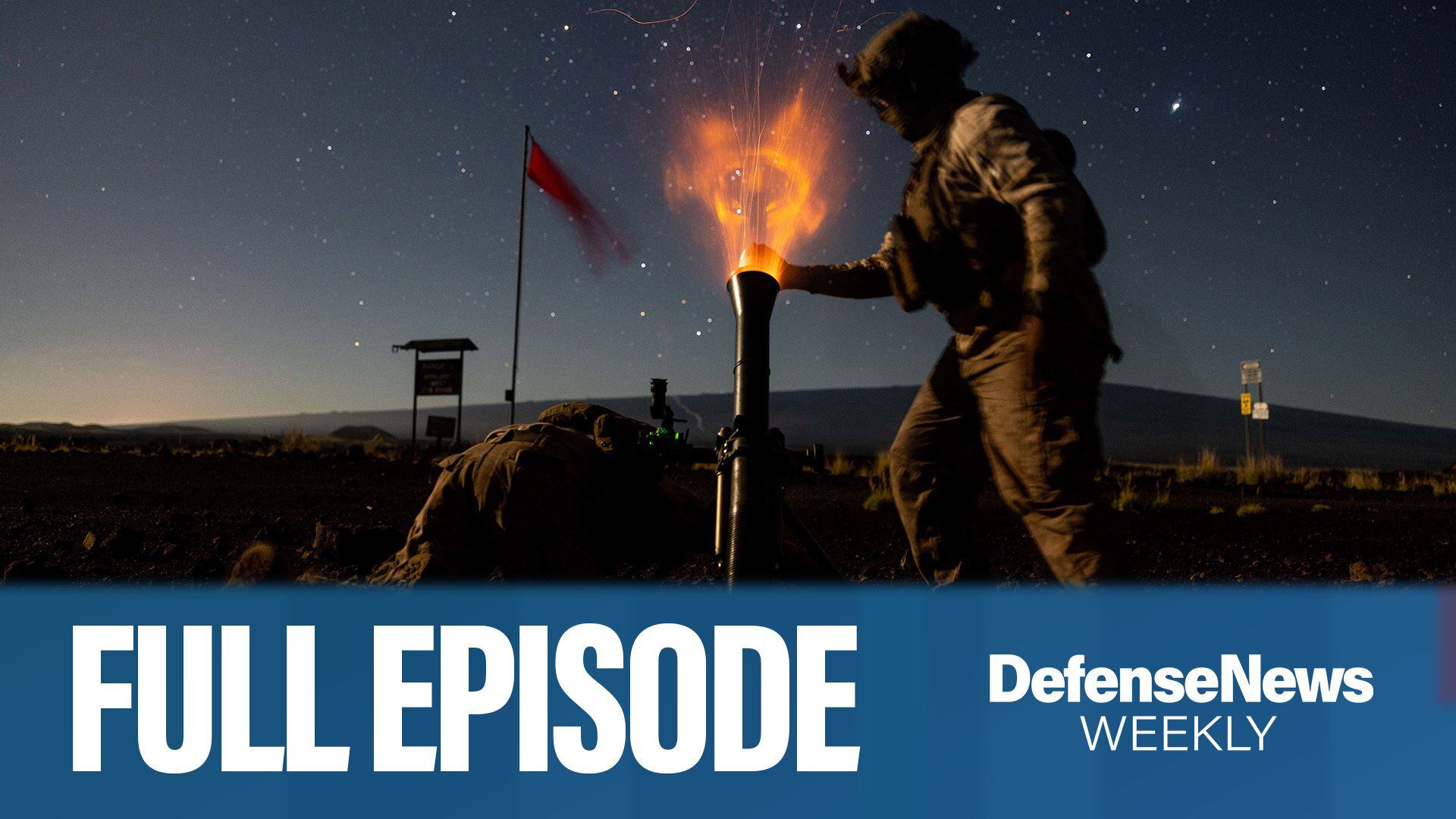WASHINGTON — The United States is considering a range of moves to counter Russia's alleged violation of a nuclear arms treaty, including bolstering missile defenses or even deploying land-based missiles in Europe, officials said Friday.
The options are expected to be discussed at a meeting of senior military officers and diplomats convened by Defense Secretary Ash Carter during a visit Friday to Stuttgart, Germany, Pentagon officials told AFP.
The talks will focus on Moscow's role in the Ukraine conflict as well as its suspected breach of the arms control agreement, with an array of potential counter measures to be laid out, officials said.
"These options have a range to them," said a defense official, speaking on condition of anonymity.
Installing land-missiles in Europe was a more aggressive step "at the far end of the spectrum," the official said.
Washington last year accused Russia of violating a Cold War-era arms control accord, the Intermediate-range Nuclear Forces (INF) treaty, by testing a banned ground-launched cruise missile.
Carter told lawmakers earlier this year that the arms control agreement was a "two-way street," and Washington might take its own steps if Russia did not back off.
"The administration is considering an array of potential military responses to Russia's ongoing violation of the INF Treaty," Pentagon spokesman Lt. Col. Joe Sowers said.
"All the options under consideration are designed to ensure that Russia gains no significant military advantage from their violation," Sowers said.
Some of the possible options are in accordance with the arms control treaty, but some are not, officials said.
Robert Scher, assistant secretary of defense for strategy, plans and capabilities, told lawmakers in April that one option could be to beef up defenses of potential targets of the Russian cruise missile.
A second option could "look at how we could go about and actually attack that missile where it is in Russia," Scher said.
And a third option would be "to look at what things we can hold at risk within Russia itself," Scher said.
His comments appeared to signal employing forces to strike at other Russian military targets — apart from the missiles that allegedly violate the INF accord.
Brian McKeon, deputy undersecretary of defense for policy, told lawmakers in December that the United States could consider putting ground-launched cruise missiles in Europe. Such weapons are banned under the INF treaty.








